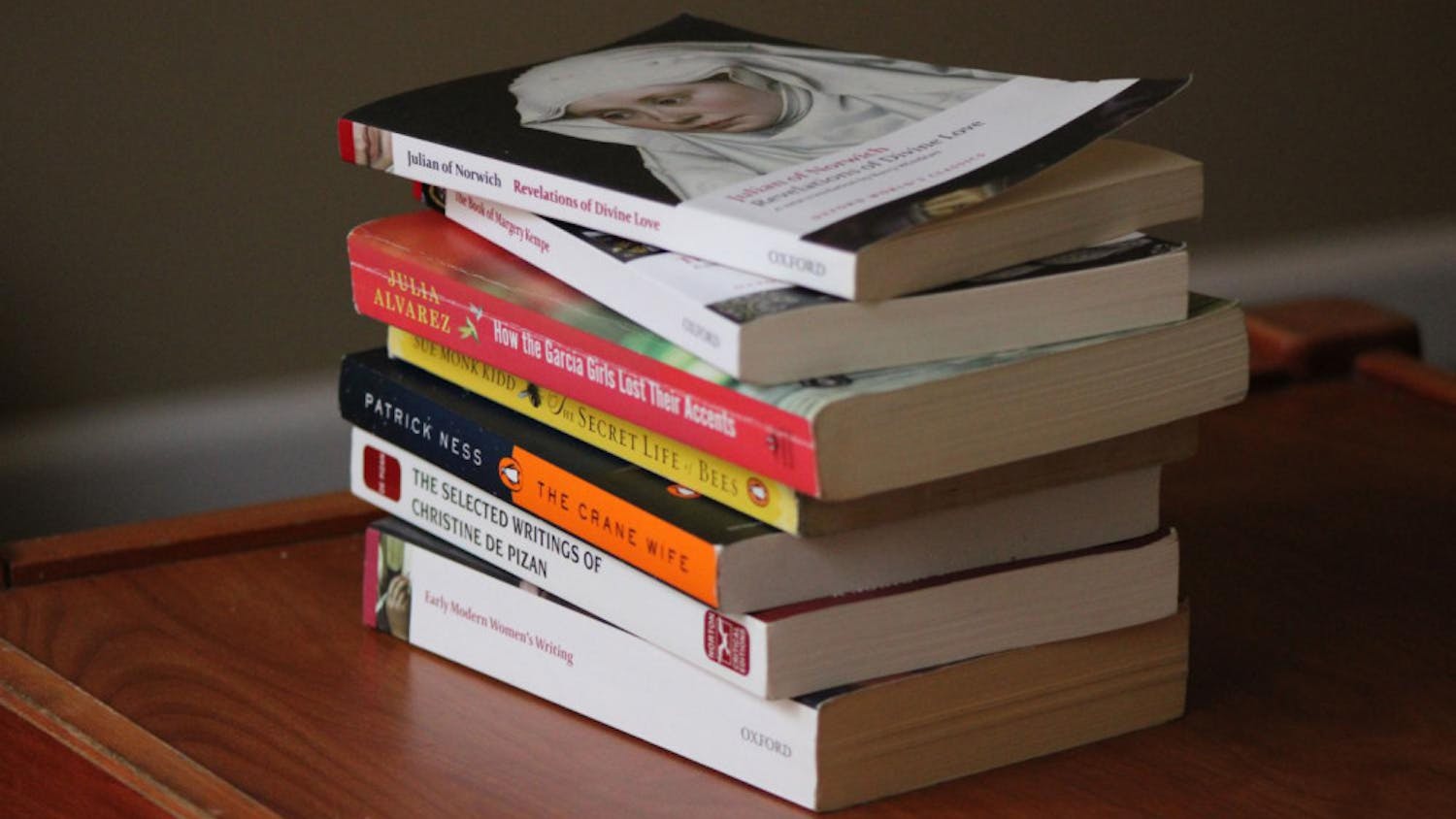- Misconception #3: Saudi women are oppressed, restricted, and downtrodden.
My experience: Women’s struggles in Saudi Arabia exemplify the tension between a modernizing, educated society and a deeply religious and conservative culture. Saudi women can not drive; they cannot vote in municipal elections; they are legal minors under their fathers and then later, their husbands (for example, they must have their guardians’ permission to leave the country); the religious police and custom dictate that they must wear at least a black abaya (cloak) and hijab (head covering) in public.
Westerners look at these facts, determine that Saudi women must be miserable and oppressed, and call on them to rebel. However, when Saudi women use Western feminist arguments or tactics to push against these rules, they create an even heavier cultural backlash.
And so Saudi women push “from within the system,” often using religious reasoning and a “two steps forward, one step back” approach to gaining more rights and freedoms. They use chauffeurs to get around, use varying levels of covering depending on the situation and place, and have much higher levels of choice in marriage than their own mothers did.
One woman told us, “When you consider that my mother was an illiterate house wife, and that I am now a highly successful and well-known optometrist, you see that women in this country have come such a long way.” They have truly made incredible progress in the past three to eight years. Women are now CEOs and sit on the boards of top businesses; they are presidents of some of the country’s top universities; they are at the top of many medical fields; they make up 60 percent of Saudi college graduates and consistently earn higher GPAs than Saudi men. However, they make up only 15 percent of the workforce and can still only major in certain fields.
In essence, a woman and her family’s piety is measured by her modesty and seclusion from the public limelight. Often, misogynist cultural practices are confused for true religious rules concerning women (for instance, Islam does not prohibit females from driving or require wearing a black abaya). Saudi women choose their battles carefully, working within the system and often using religious reasoning to break down discriminatory policies and attitudes; they are making headway through “evolution” at their own pace rather than through a destabilizing feminist “revolution,” which many Westerners advocate.
Misconception #4: The face of Islam in Saudi Arabia is one of intolerance and extremism.
My experience: A hesitant and uneasy view towards Islam is not helped by the emphasis placed on “Judeo-Christian heritage” in American public education systems, while the third Abrahamic religion is rarely mentioned. We become afraid of a religion we know very little about (and as one Muslim woman asked me, “Do we have so little faith in our own faiths that we cannot learn about other religions?”). We also come to associate Islam with the terrorist attacks on the news everyday; the one fact that many Americans know about Saudi Arabia is that 15 out of 19 hijackers from the 9/11 attacks were Saudi. Yet, just as most Americans do not wish to be grouped with the man in Florida who tried to burn the Quran, most Muslims reject the tiny minority who use violence in the name of Islam. The Islam we experienced was one that created a strong sense of brotherhood, sisterhood, and family connections. We observed friends, families, and couples praying and reading the Quran together on the beach. We saw groups of men and women stopping their busy lives several times a day, finding a quiet space, and praying. I met a little girl who was on her first umrah (or short pilgrimage) to Mecca, and her face shone as she told me how she would pray and worship there with her mother and sisters. There is also a sense of respect for Christianity which I do not find reciprocated for Islam in America. As Prince Sultan Bin Salman explained to our group, “Today, you cannot be a Muslim if you do not have respect for Moses and Jesus. Unfortunately, ‘crazies’ with a certain brand of Islam hurt the relationship between our countries. Every religion has extremists.”
Misconception #5: U.S. and Saudi connections are based purely on oil and security arrangements, but the general sentiment there is probably anti-American.
My experience: The relationship between our governments is strong and multifaceted. The US and KSA cooperate extensively on counterterrorism efforts; it was Saudi intelligence that helped foil al Qaeda’s planned attack on European countries set for November 2010. The KSA is known for its role as a regional peace broker; the current Saudi king wrote the Arab Peace Initiative, the only peace offer accepted by every Arab country which would recognize Israel and normalize relations on condition of an Israeli return to pre-1967 borders. Saudi Arabia and the U.S. largely agree on regional goals, but not necessarily how to bring those goals about. There is a popular belief that Israel is at America’s beck and call, and that we could solve the Israeli-Palestinian conflict if we just tried a little harder. Saudis dislike U.S. foreign policy tactics, stating that the government’s actions in the Middle East do not match our ideals, specifically referring to Guantanamo and American military tactics in Iraq, Afghanistan, and Pakistan.
In the KSA, we heard stories about people directly affected by America’s policies in the Middle East; our guide’s friend was a carpet seller in Jeddah who bought his rugs in Afghanistan. He was captured during a business trip and sent to Guantanamo, contained without a charge for years before being released. We also met with the editor of the Arab Times, who told us about an employee who took off work after finding out her entire extended family had been killed by a U.S. drone attack in Pakistan.
However, Saudis make the distinction between American citizens and the U.S. government. Everyone we met expressed a deep interest in America, and most of the people (even students and “everyday” people) we met with spoke fairly fluent English. King Abdullah’s scholarship program currently allows 30,000 Saudi students to study in the U.S., and this means that an increasing number of Saudis have a direct connection to or experience with American citizens and culture. We realized how much we had in common with the university students we met, including everything from a deep appreciation for American music and TV culture to similar hopes, struggles, and fears.
I have never felt as foreign in my entire life as I did in Saudi Arabia; and yet, foreign is only a synonym for something that is yet unknown. In a mere two weeks, I gained a deep appreciation and respect for a religion, people, and place which is totally unlike my own; Saudi Arabia is no longer “foreign” to me.
Mercer’s current slogan is “Every student majors in changing the world.” Mercer students must first understand the world before they can change it. Students should make every effort to take advantage of study abroad, Mercer on Mission, and Service First options offered to them. In lieu of traveling, even reading alternative news sources such as the BBC or Al Jazeera will give students a more “global” perspective. They may realize that many countries no longer feel quite so “foreign.”




